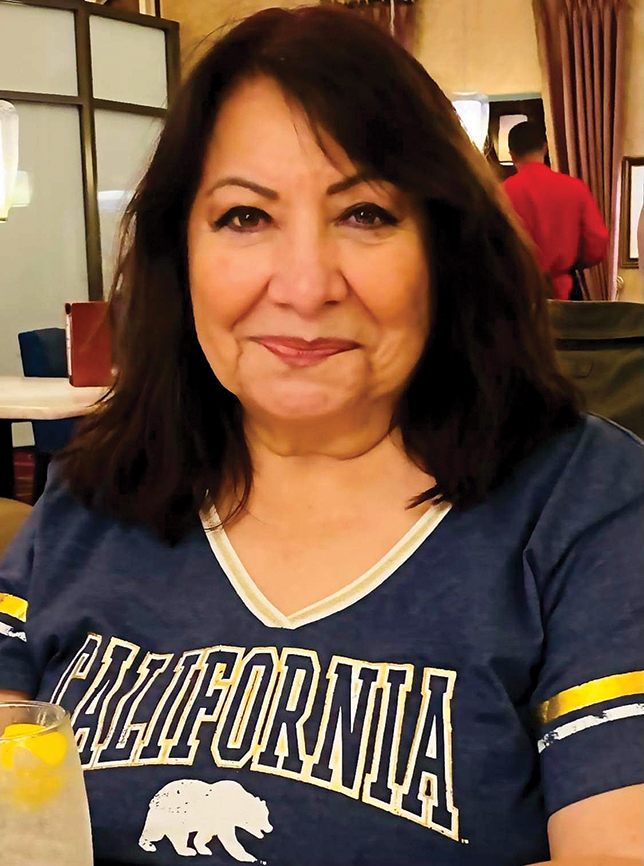Dr. LaNada War Jack honored at UC Berkeley game

Dr. LaNada War Jack
BERKELEY, Calif. — The University of California Berkeley Golden Bears and the athletics department honored Dr. LaNada War Jack, Shoshone-Bannock at halftime of the women’s game November 26 in recognition of Native American Heritage Month.
Dr. War Jack was the first Native American student to be accepted at UC Berkeley through the Economic Opportunity Program in 1968, one hundred years since the opening of University of California at Berkeley.
LaNada recruited more Native American students and set up the Native American Student Association on campus and collaborated with the Black, Chicano and Asian student organizations to form the Third World Liberation Strike which became the first Interdisciplinary Department of Ethnic Studies in the nation according to a Cal press release.
Then LaNada partnered with the Native students at San Francisco State University and California students throughout the state of California to liberate Alcatraz Island. They began a 19-month occupation against the broken treaties, unjust policies and poverty on reservations and in the urban areas where the government sent young people through the Relocation program.
LaNada was also in the Bay Area for the 52nd Anniversary of the occupation of Alcatraz. Interior Secretary Deb Haaland was in attendance.
Alcatraz
At Alcatraz, War Jack said the proclamation was updated, they had community involvement from the area Indian community, a land acknowledgement was done and there were singers and dancers present. In addition, people who were on the island during the occupation were present. An education credit was offered to attendees from Chico State University. The event was kind of like a reunion, she said.
Because Secretary of Interior Deb Haaland was present, all of the planning committee had to be vetted prior to her arrival. War Jack said they were able to talk with her about the possibility of building a cultural center and museum at the site. “I was honored to be asked to do the opening prayer,” LaNada said.
Haaland gave a really good statement, War Jack said.
“The occupation of Alcatraz Island by Indigenous people in 1969 was more than a call for action, it was a cry for a sense of community and the lifeways that were stolen from us. Alcatraz was borne out of desperation. Out of this we gained a sense of community and visibility in the eyes of the federal government. But more than that, our Indigenous identities were restored.
Many people romanticize the occupation of Alcatraz, but we cannot overlook the hardships that families endured over those two years. But because of the sacrifices that were made in this place, we no longer have to act out of desperation,” Haaland said.
War Jack noted when they took Alcatraz it changed the whole thing – a benchmark from termination era to self-determination. She said the BIA budget doubled, the Indian Health Service budget tripled, there were 15 new policies and it kind of changed everything.
She said over the last 50 years not much has changed but now the new National Park Service director is a Native ecologist and she’s hopeful there will be improved policies regarding Native people.





